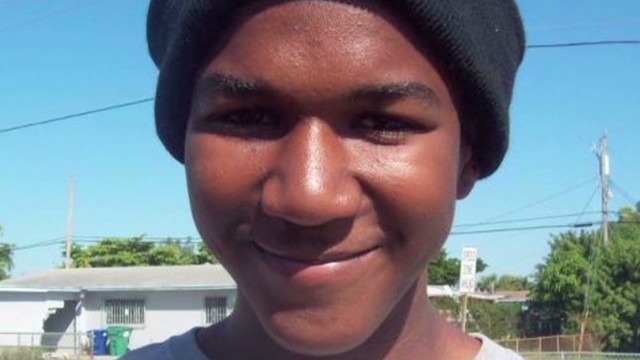The HeadCount blog is a forum for our community where we welcome all opinions and perspectives. The following does not necessarily represent the views of the HeadCount organization. We welcome anyone with an opposing viewpoint to become a contributor to our blog. Please email [email protected] for more information.
Walking onto 1st Avenue on a particularly warm Sunday, I suddenly found myself surrounded by a procession of Trayvon Martin supporters chanting, “Justice for Trayyyyy-von.” I watched, as hundreds of others did, from the sidelines. Trucks honked their horns, motorcycles revved their engines in support. I heard that in L.A., protestors had even shut down a freeway. A series of events that happened thousands of miles away had reached every corner of the country.
The trial of George Zimmerman and the events that surrounded it were, to say the least, an amalgamation of many hotly-debated and controversial issues. The media did their part, pundits screamed racism on both sides, and much of the conversation was fraught with complicated emotions.
The jury found that Zimmerman killed Trayvon Martin in an act of self-defense. He was acquitted of a 2nd degree murder charge as well as a manslaughter charge. The case was fraught with twists and turns but it always came back to the concept of self-defense.
Self-defense is a principle that has roots going back 2000+ years, to the Roman principle of dominum: the idea that you do whatever you see fit over objects which you own, including your body. The modern day understanding of self defense is that you are obligated to retreat if you feel threatened, but if you can’t retreat and imminent death or severe injury is likely, then you can use deadly force to protect yourself. Depending on the state, there is a certain looser version of self-defense which is known as Stand Your Ground, which waives the obligation to retreat, as was the case in Florida.
Self-defense is a necessary component of law. Without it, in a life-and-death situation, you are not legally able to defend yourself. In the Trayvon Martin case, the flaws of self-defense become very visible. Whatever the details of the fight, whoever initiated it, whoever was beating whom, what is clear is that this was an avoidable situation. Zimmerman could have sat in his car, waited for the police to arrive, as he was instructed to do, and Trayvon Martin could be still alive. Instead, he followed the teen, engaged him in a fight, and killed him. Later, self-defense was used as an excuse for the shooting, but could George Zimmerman have really believed he was in danger of being killed by an unarmed teenager? Why wouldn't he have stayed safe inside his car, were that the case?
